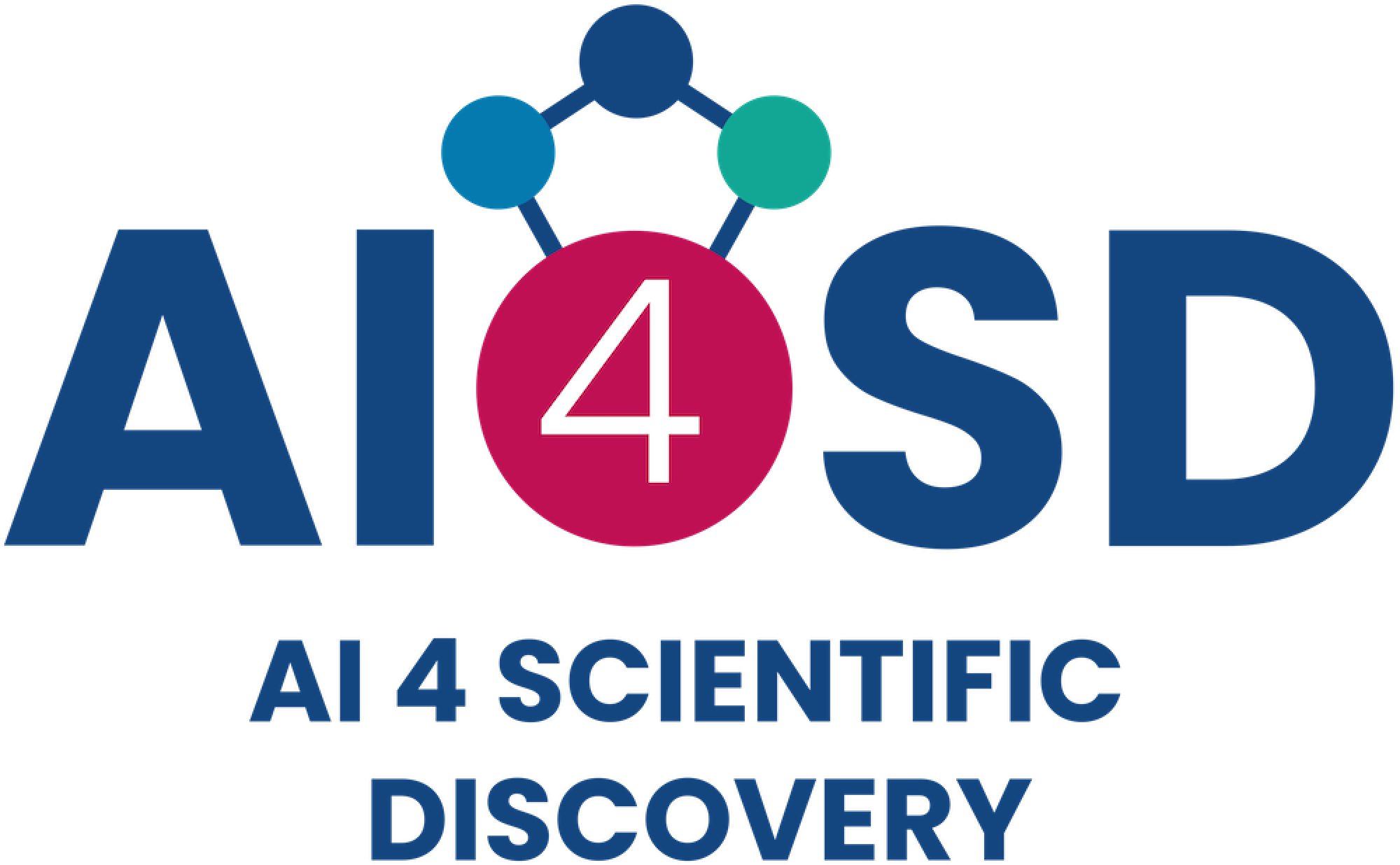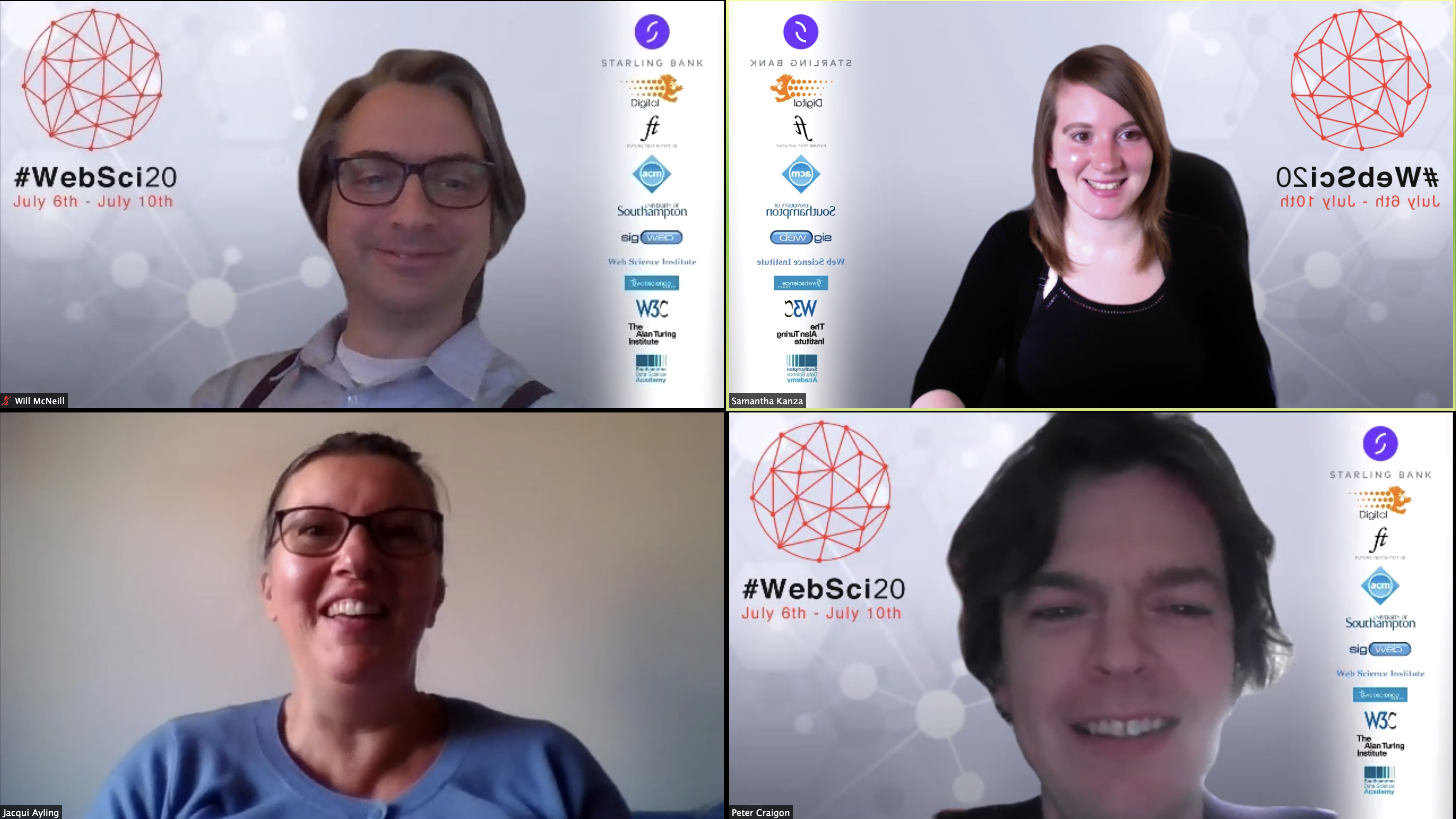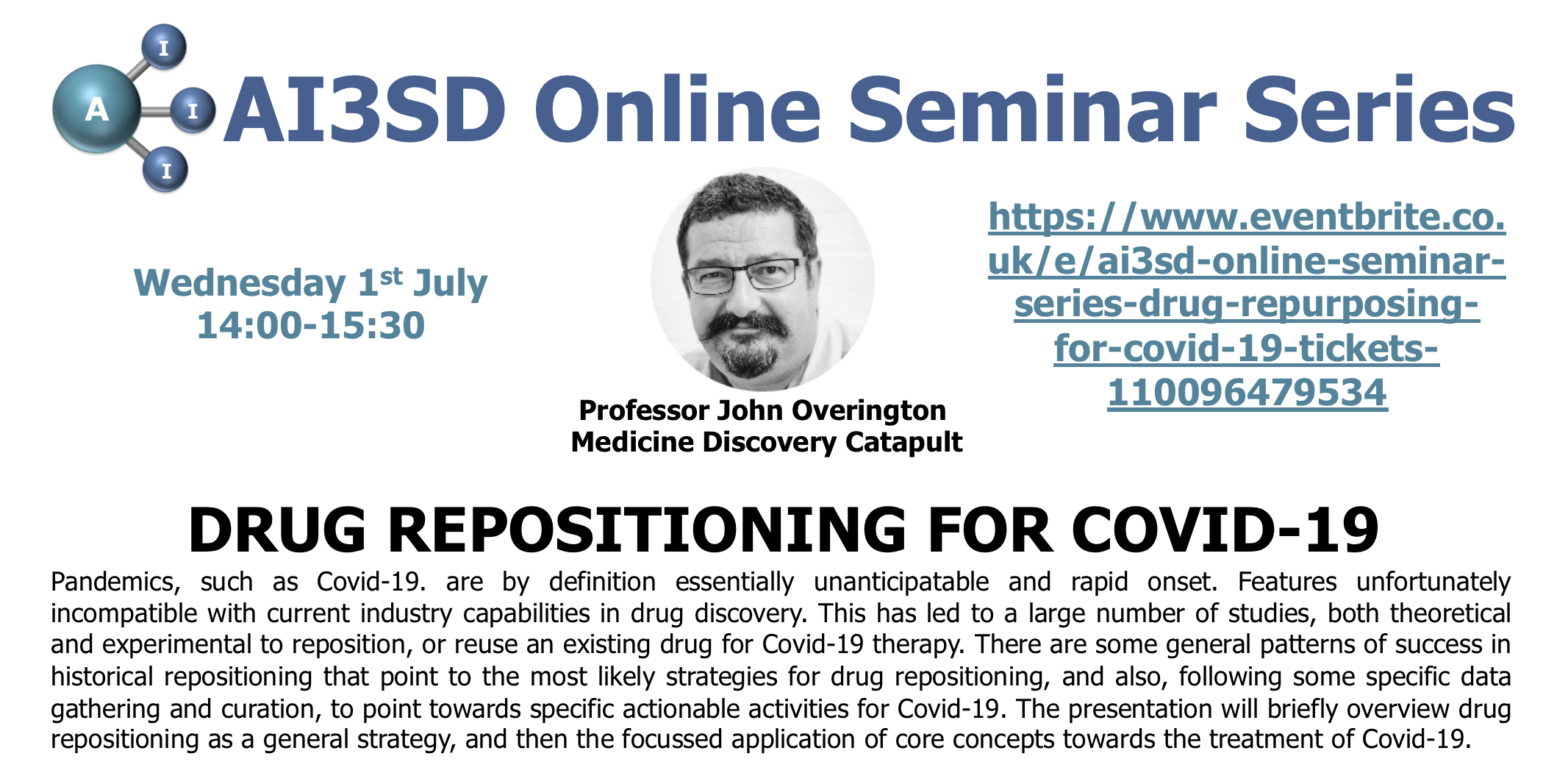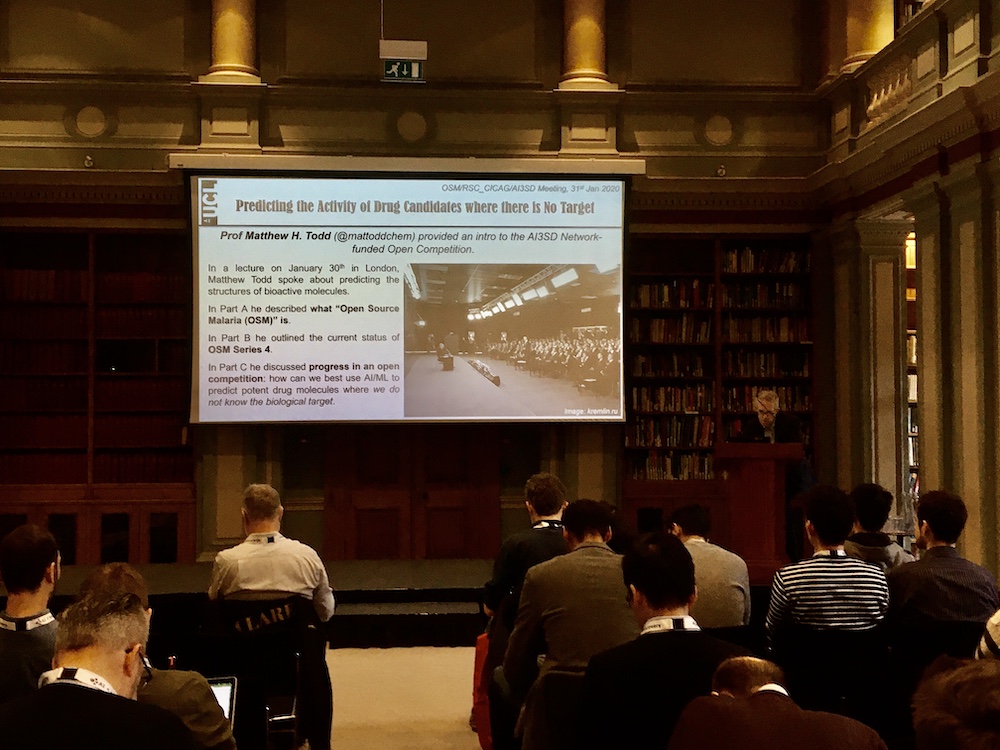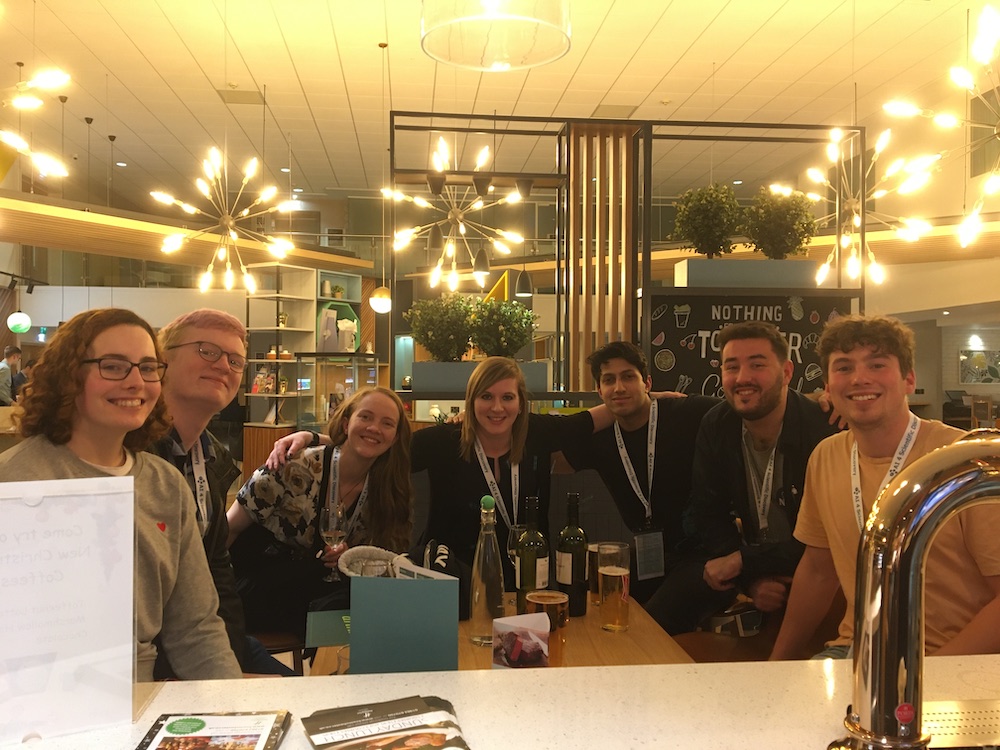22/07/2020 – AI3SD Online Seminar Series: Design Fiction as a method and why we might use it to consider AI – Dr Naomi Jacobs
AI is a fast moving field that is rapidly advancing and becoming embedded in a multitude of sectors and applications. With such a fast pace, and excitement over the possibilities it allows, there is often a rush to get things going. This being the case, sometimes not enough time is spent considering the implications and unforeseen outcomes that might come from the introduction of new technologies, processes and practices. Ideas that seem plausible and useful can turn out to be problematic when actually implemented, by which time it is often too late. By using the methodology of speculative design, we can more closely examine these implications and outcomes before the technologies become a reality. This talk will introduce speculative design and give some examples of design fiction, a method wherein objects from fictional futures or alternate presents are created to provoke discussion and explore possibilities.
